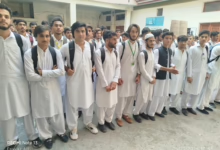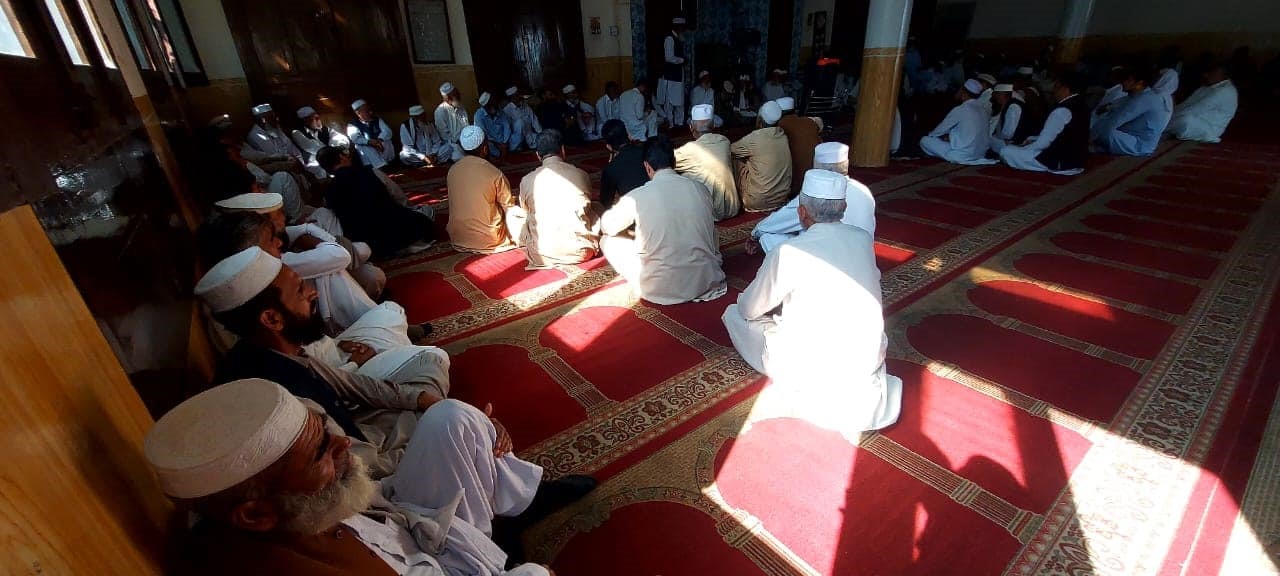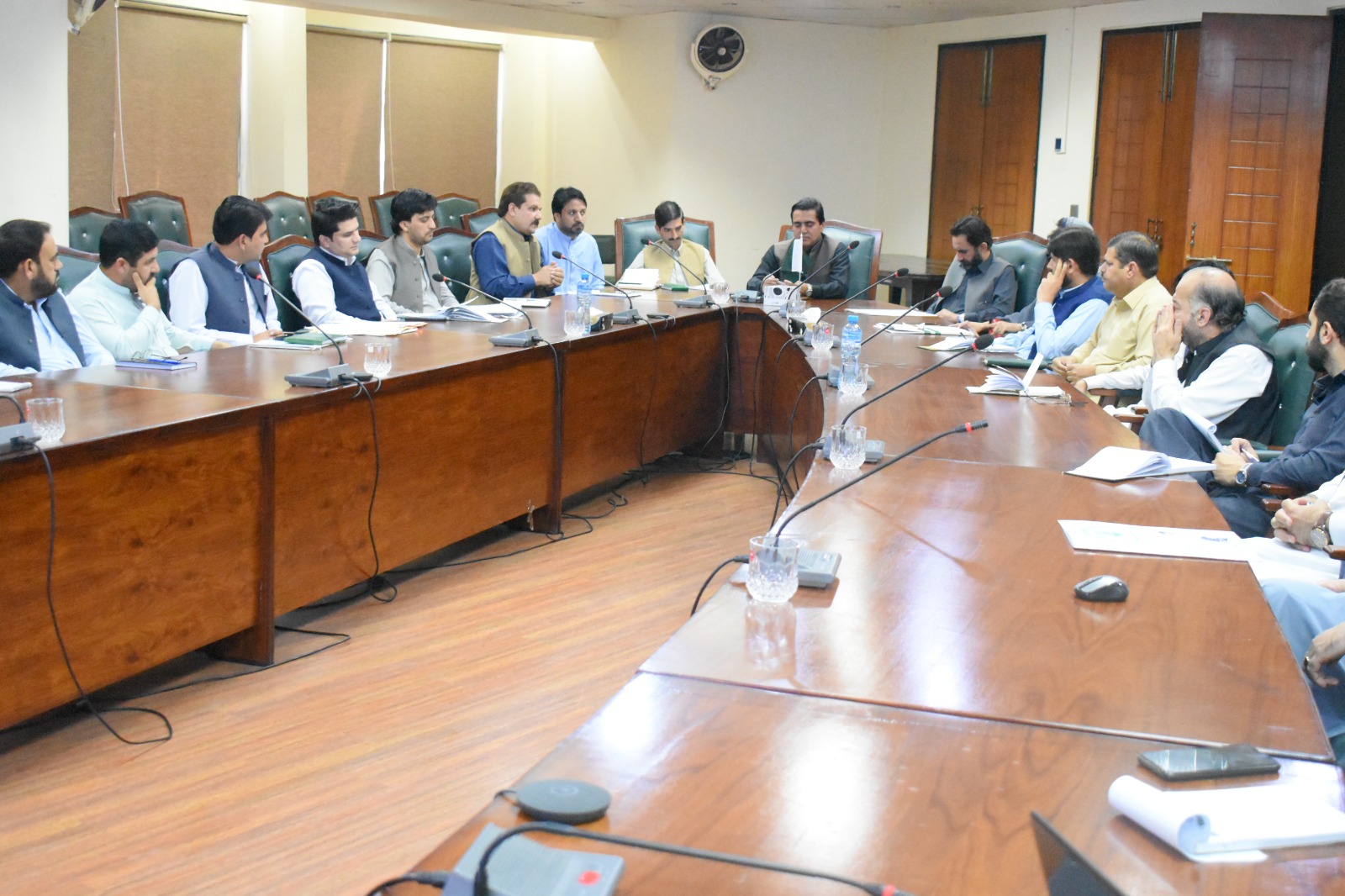Outsourcing public educational institutions: reform or a retreat from responsibility?
KP govt. has outsourced more than 1,500 public educational institutions, including primary schools, high schools, and colleges for both boys and girls
By: Gohar Ali
A Critical Review in Light of Educational Theory and Research
The Government of Khyber Pakhtunkhwa has recently announced its intention to outsource more than 1,500 public educational institutions, including primary schools, high schools, and colleges for both boys and girls. The primary justification presented for this step is the relatively low performance of public schools in board examinations, particularly at the secondary level, when compared with private institutions. On the surface, this reasoning appears straightforward. Yet, when examined through the lens of educational theory, sociological research, and systemic realities, the issue demands a more nuanced understanding.
Examination Results vs. Real Academic Ability
It is widely observed that students enrolled in private schools often secure higher marks in Secondary School Certificate (SSC) examinations. However, if marks are assumed to be the sole measure of academic competence, the question arises: why do these same students frequently struggle in high-stakes competitive examinations such as MDCAT, Engineering Entry Tests, and Public Service Commission assessments?
This contradiction can be better understood through Constructivist Learning Theory (Vygotsky & Piaget), which asserts that meaningful learning is based on critical thinking, comprehension, and application—not rote memorization. Private schooling systems in many regions still rely heavily on rote learning, whereas public school students, despite institutional weaknesses, often develop comparatively stronger problem-solving and adaptive thinking skills that are advantageous in higher-level assessments.
Primary Education: The Foundation Determines the Future
Primary schooling is the educational bedrock on which later academic abilities are built. Although primary school teachers in Pakistan enjoy relatively stronger job security and better salaries than many developing countries, teacher recruitment criteria remain narrowly focused on academic degrees, often ignoring:
- Understanding of child psychology
- Classroom management skills
- Pedagogical approach
- Intrinsic motivation to teach
This gap corresponds directly to Bandura’s Teacher Self-Efficacy Theory, which emphasizes that a teacher’s belief in their ability to teach effectively has a measurable impact on student performance. When teaching is treated merely as employment rather than a professional calling, educational quality is compromised.
Compounding the problem is the uneven availability of essential facilities. In numerous public primary schools:
- One teacher may be responsible for teaching all five grades,
- Buildings and sanitation facilities are inadequate,
- Classroom support staff is lacking.
- Expecting academic excellence amid resource deprivation is unrealistic.
- Social Stratification and Access to Quality Education
Another structural issue lies in how communities assign students to schools. More academically capable and financially stable children are often sent to private schools, while public schools generally serve:
- Economically disadvantaged households,
- Broken or migrated families,
- Children involved in domestic labor,
- Students with poor nutritional and health support.
This aligns closely with Pierre Bourdieu’s Social Reproduction Theory, which argues that education systems often reinforce existing social and class inequalities rather than diminish them. Thus, comparing public and private school outcomes without accounting for socioeconomic background is fundamentally inequitable.
Assessment Reforms and Their Consequences
Since the COVID-19 pandemic, academic calendars have been disrupted, and the timely provision of textbooks has faced delays. More critically, examination boards have shifted to Student Learning Outcomes (SLOs)-based assessment without adequately training teachers or preparing students.
This abrupt transition is an example of the Negative Washback Effect, where changes in examination formats negatively influence teaching and learning due to insufficient pedagogical readiness.
Governance, Accountability, and Political Interference
School principals, though nominally in leadership positions, often lack real administrative and academic authority. Their decisions related to discipline, student evaluation, or teacher accountability can be overridden by political pressure or bureaucratic interference. This contradicts the Distributed Leadership Theory, which holds that effective school improvement is only possible when decision-making power is localized and leadership is shared rather than centralized.
The Way Forward: Reform Through Structure, Not Subcontracting
Outsourcing educational institutions may improve administrative discipline in the short term, but it does not address the systemic causes of underperformance. Sustainable improvement requires:
- Revamping teacher recruitment to include aptitude, educational psychology, and professional motivation assessment.
- Strengthening the capacity and authority of school leadership, especially principals.
- Investing in primary education facilities and reducing single-teacher schooling.
- Reforming assessment and curriculum gradually and with proper teacher training.
- Establishing strict legal boundaries against political interference in educational administration.
Conclusion
Education is not merely the management of buildings, salaries, and timetables—it is the cultivation of human potential. Outsourcing may be a temporary administrative adjustment, but it does not resolve the foundational structural issues that impede educational progress. True reform lies in reinforcing the professional identity of teachers, empowering school leadership, and aligning educational assessment with meaningful learning.
If we truly believe that education is the engine of national development, then our response must be systemic, evidence-based, and rooted in long-term vision—not short-term administrative outsourcing.






